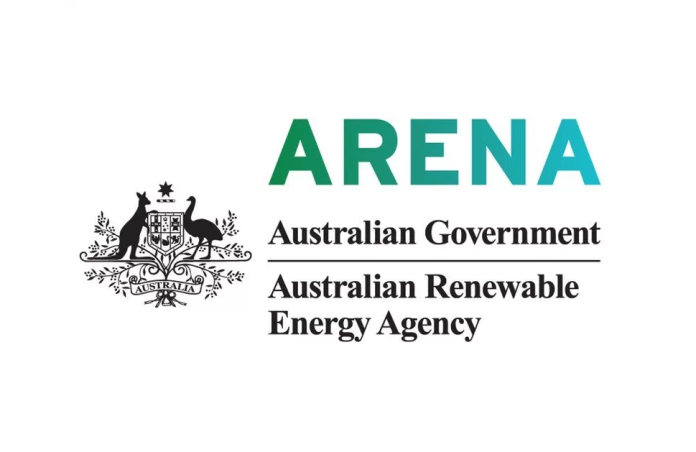
BP Australia has received $1.7 million in funding from ARENA to assess the feasibility of building a renewable hydrogen and ammonia production facility in Geraldton, Western Australia.
Under the study, BP will use grid-connected power and procure renewable electricity through a power purchase agreement (PPA). Renewable hydrogen would then be used instead of natural gas to produce renewable ammonia.
BP said the $4.42 million feasibility study will deliver a detailed techno-economic evaluation of pilot and commercial scale green ammonia production plants in Geraldton, including evaluation of the different technologies and process configurations required to manufacture green hydrogen and green ammonia.
“The potential pilot plant will look to produce green hydrogen, using onsite and/or grid-sourced renewable power,” the company said in a statement.
“This will then be converted into around 20 kilo-tonnes per annum (ktpa) of green ammonia.
“Once developed to commercial scale, this is expected to increase to around 1,000 ktpa of green ammonia, targeted at domestic and export markets.”
According to the company, the commercial-scale plant would require around 1.5GW of power, which is expected to be sourced from greenfield renewable power generation, enabling the project to benefit from the advantaged solar and wind resource in the region.
ARENA CEO Darren Miller said the study will generate findings to better understand the technical and financial implications of a fully integrated renewable hydrogen supply chain.
Furthermore, Mr Miller said, it will analyse the economic opportunity presented by renewable hydrogen and determine how it can be scaled-up to satisfy future demand.
“Australia is a key market for BP and other companies to progress their strategic developments for the future renewable hydrogen industry because of our abundant renewable energy resources and established trade partners,” he continued.
“This study presents an important opportunity to support heavy industry to reduce its emissions.
“Early investments in feasibility studies like this will help us to realise the opportunity that renewable hydrogen represents and will ultimately help us to achieve our goal of producing renewable hydrogen and ammonia at a competitive price.”


















